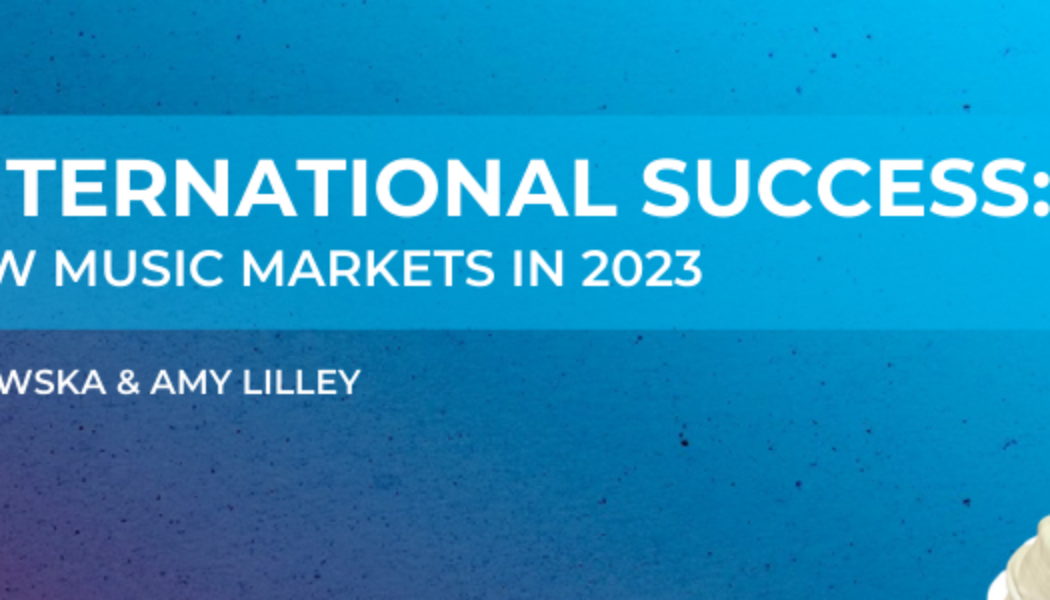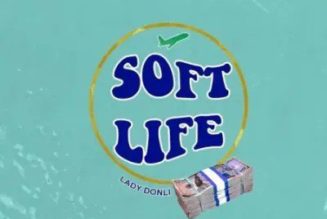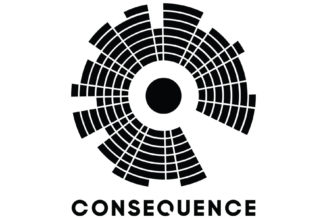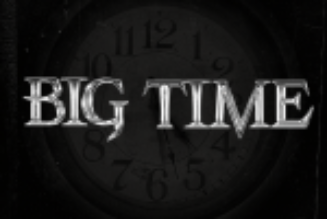If you’re a music industry executive wanting a bracing start to your week, look no further than the latest announcement of a musical AI model… from Meta.
It’s called MusicGen, and is described as “a simple and controllable music generation LM [language model] with textual and melodic conditioning”. As the demo that you can play with shows, you give it text descriptions of the music you’d like it to create, and it whips up 12-second samples in response.
‘An 80s driving pop song with heavy drums and synth pads in the background’; ‘A light and cheerly EDM track, with syncopated drums, aery pads, and strong emotions bpm:130’; and ‘Lofi slow bpm electro chill with organic samples’ are three of the example prompts offered to show what it’s capable of.
The first question for many rightsholders will be: how was this trained. That’s explained in the accompanying academic paper.
“We use 20k hours of licensed music to train MusicGen. Specifically, we rely on an internal dataset of 10k high-quality music tracks, and on the ShutterStock and Pond5 music data” – referring to the popular stock-music libraries.
Meta joins other technology companies in developing (and releasing for public consumption) AI-music models. Alphabet recently unveiled its MusicLM, trained on around 280,000 hours of material from the Free Music Archive, and made it available for people to test out.
OpenAI, the company behind ChatGPT and DALL-E, has also developed two music-focused models, MuseNet in 2019 and Jukebox in 2020.
However, its CEO Sam Altman recently played down their significance, noting that Jukebox was “a research release… not something which gets much attention or usage. It was put out to show that something’s possible”.
That’s a key point to understand: the music-AI models developed by OpenAI, Alphabet and now Meta are research projects rather than commercial products at this point.
They’re more likely to become the basis for startups and developers to use than they are to signify a serious move into AI music by the bigger companies.
Still, Alphabet and Meta releasing music LMs within a couple of months of one another is significant, in terms of pushing this technology forward.
With the music industry still figuring out what this all means for rightsholders, artists, copyright laws and more, it’s going to be important to keep tabs on these systems, and what other developers do with them.










